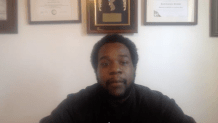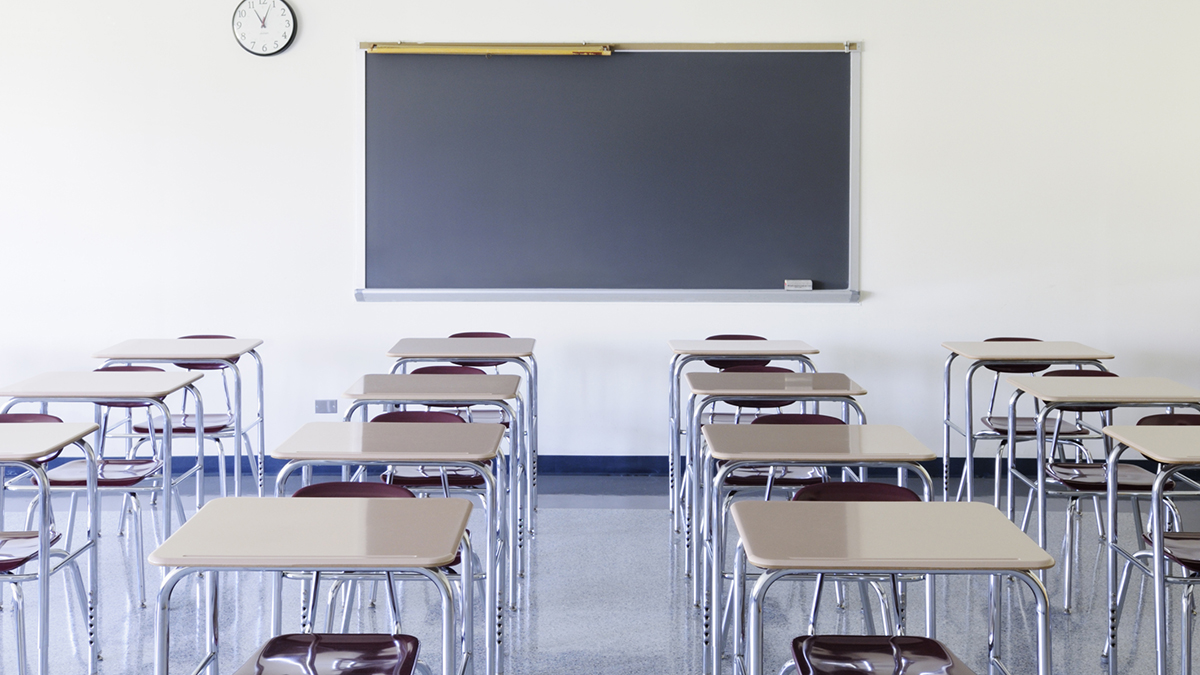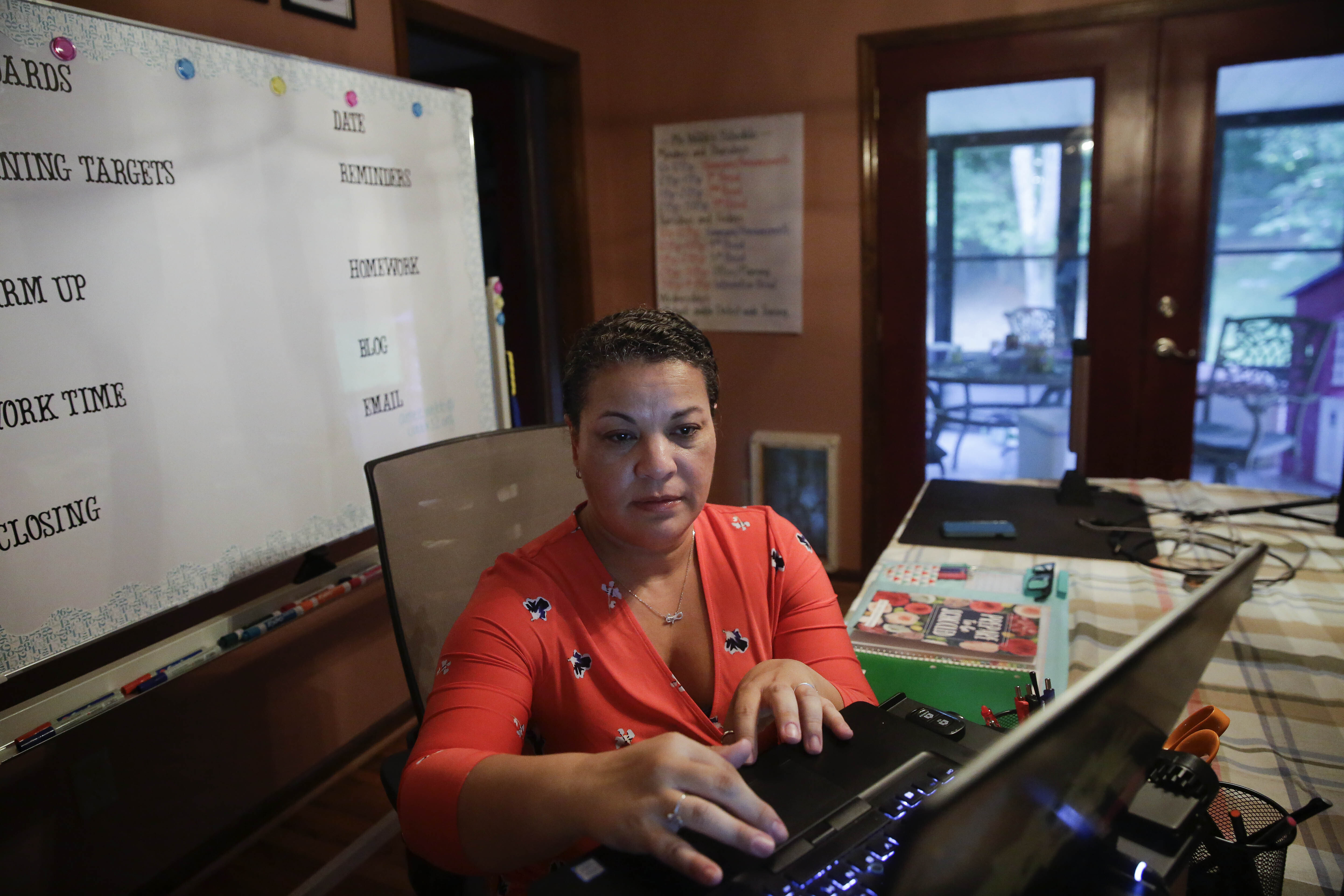Keith Pretlow wishes he could return next month with his students to Ben Franklin High School in Philadelphia, where he teaches culinary arts.
But Pretlow said he doesn't think it's safe yet as the COVID-19 pandemic endures.
"I wish we were not in the situation that we’re in now. I wish I could be in my school teaching students how to butcher a chicken or prep my students for the careers through culinary arts program competitions that provides scholarships," Pretlow told Pennsylvania state senators at a hearing Monday. "But it’s just not safe right now."
He and other teachers joined leaders of the unions representing tens of thousands of Pennsylvania educators to testify for a hearing about how schools should reopen to start the school year and the safety precautions necessary for in-school learning.

"We are the experts," Pretlow said in demanding that teachers have a central role in determining what equipment and social distancing protocols are needed to reopen. "I wonder if those who minimize the risks associated with reopening schools truly understand the day-to-day school operations."
Arthur Steinberg, the president of Pennsylvania's American Federation of Teachers union representing 36,000 teachers, outlined three standards that should be met before teachers can safely return to classrooms.
- Below 50 cases per 100,000 people: That is the 14-day average that Steinberg says should be met before teachers in a Pennsylvania county return to classrooms.
- Below 5% transmission rate: A 14-day average for positive tests in a county
- Get the "R-Number" below 1: The R-Number is the rate of transmission between people. If that figure is below 1, then the average person infected with COVID-19 is infecting less than 1 other person with the disease.
"Only after all of these benchmarks are met, do we think it might be
safe enough to return to in-school learning," Steinberg said.
A few schools in southeastern Pennsylvania, where infections have in most counties remained well above those averages, have already opted to open the school year in September all-virtual. Those include Philadelphia and West Chester. But many others are still debating or have already proposed a hybrid opening, which would mean half-in-school and half-virtual learning for students each week.
NBC10 has compiled plans for the hundreds of school districts across southeastern Pennsylvania, southern New Jersey and all of Delaware for parents, students and teachers to see how their district expects to open. A map of all of the more than 250 public school districts and their plans can be found HERE.
Jerry Jordan, the union president of Philadelphia's American Federation of Teachers union, told the senate committee that another key component of reopening is virus tracking. He also noted that ventilation systems in many old school buildings need to be overhauled.
Still, he said, "remote learning is a far cry from in-person learning" and students in rural and urban areas who are less likely to have broadband internet access in their houses could fall behind if classroom learning remains off the table for a while.
"It is uniquely challenging. Learning is hands-on," Pretlow, the culinary arts teacher, said. "On any given day i may be teaching my students proper knife cuts, preparing them for their service certifications, teaching them about menu design, perfecting new recipes, food science, hospitality and travel law, business and accounting 101. ... There are many subjects that require close proximity if students are going to get the most out of them."



